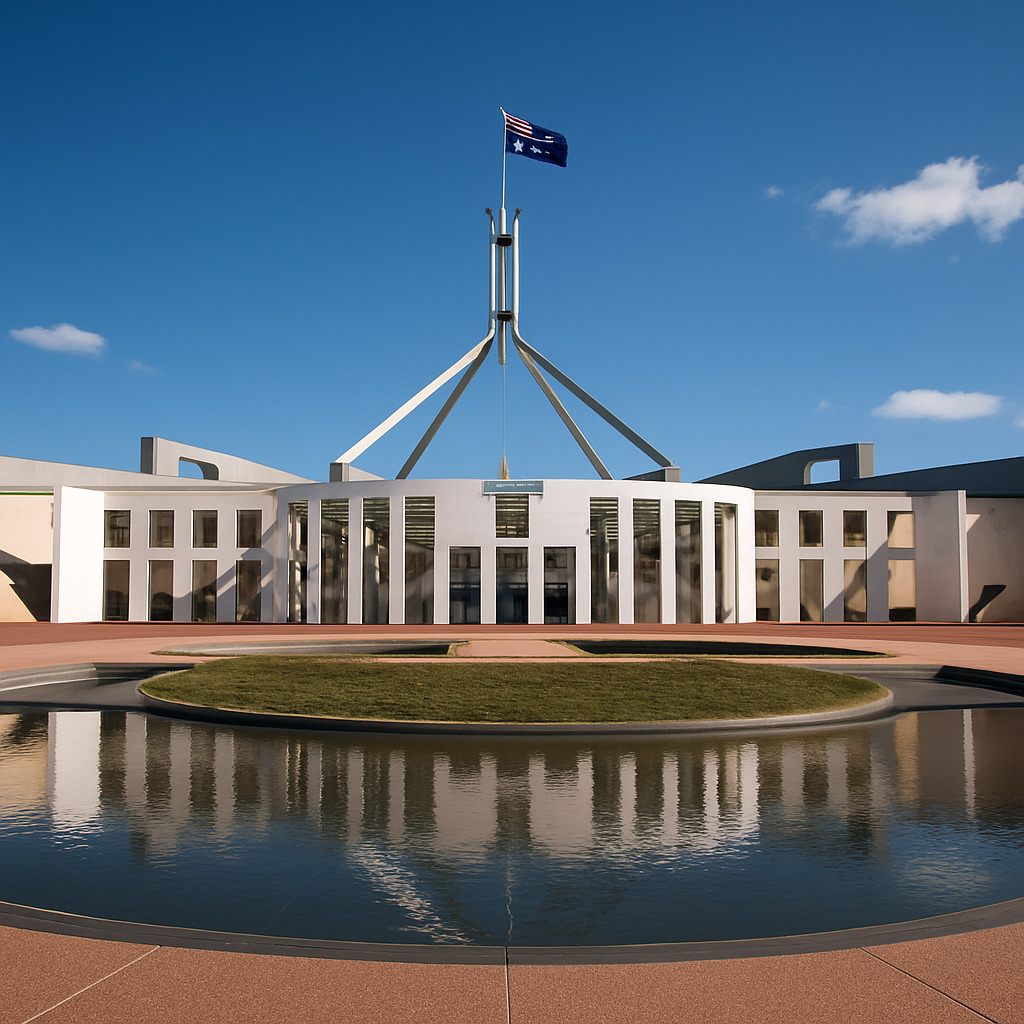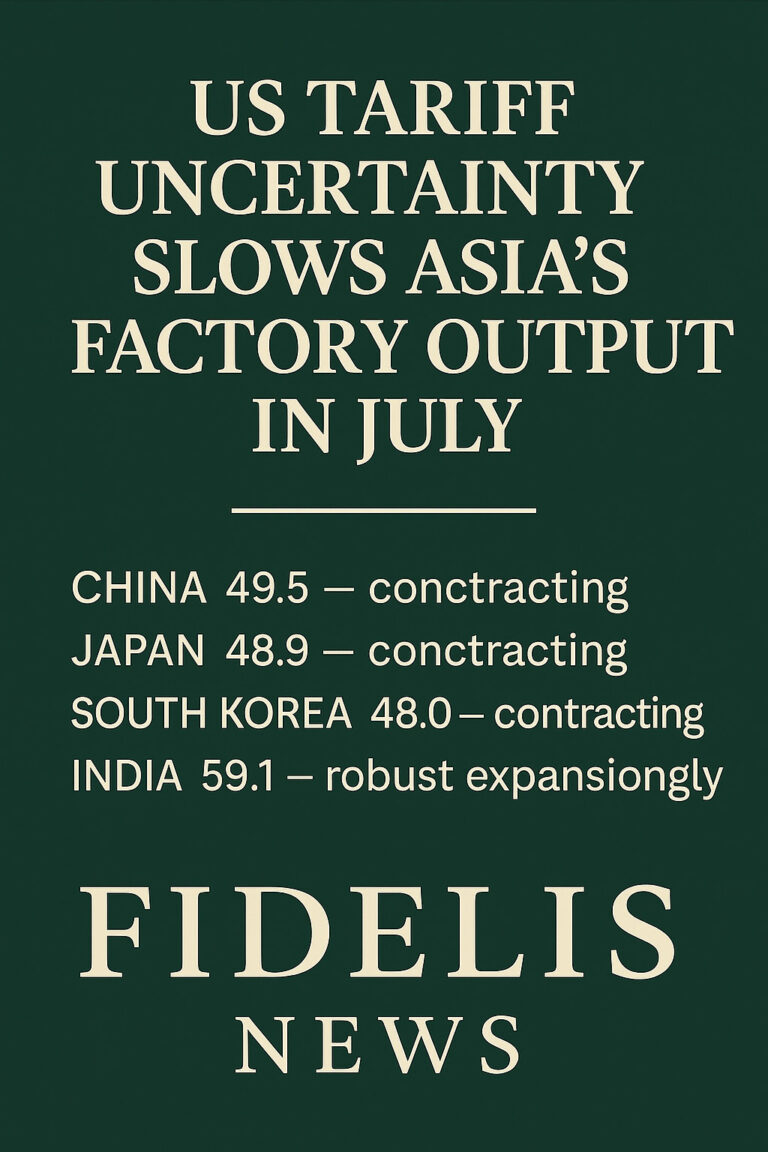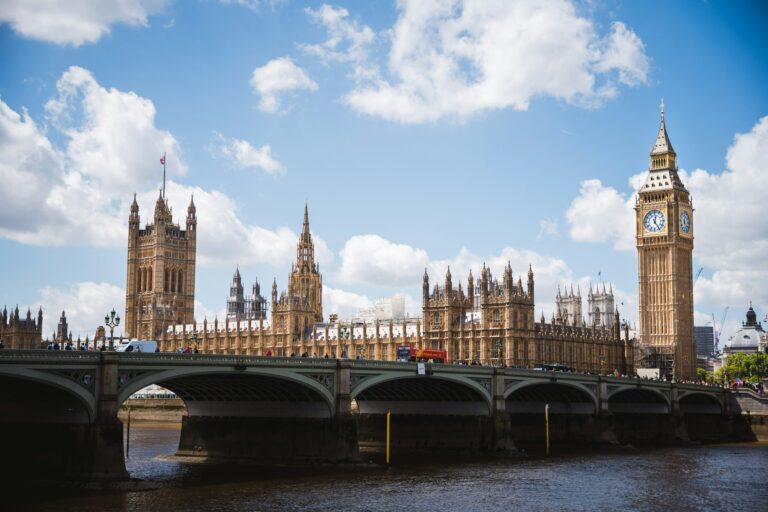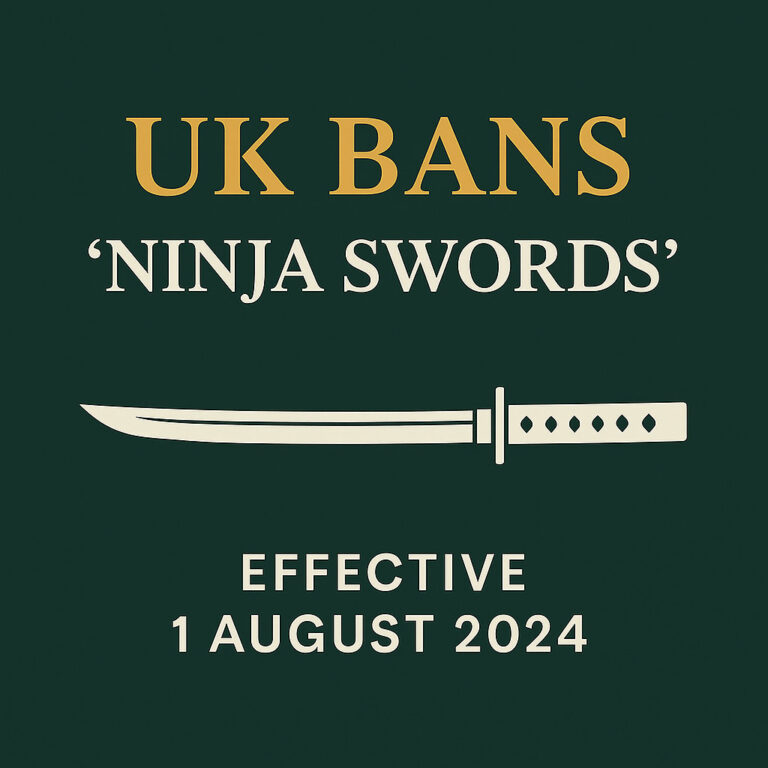Australia to Ban Social Media for Under‑16s: Protection or Overreach?
Australia Bans Social Media for Under‑16s: Will It Really Keep Kids Safe?
Enforcement begins: 10 December 2025
What the Law Requires
The Online Safety Amendment (Social Media Minimum Age) Act 2024 bans Australians under 16 from creating or maintaining user accounts on “age-restricted social media platforms” broadly defined to include Facebook, Instagram, TikTok, Snapchat, X, Reddit, and now YouTube.
Platforms must implement age verification through methods like photo ID, facial estimation, or mobile/banking confirmation. Non-compliance carries fines up to A$49.5 million. Exemptions apply for gaming, messaging, education, and health-related services such as YouTube Kids or WhatsApp.
Government Rationale
Prime Minister Anthony Albanese and Communications Minister Anika Wells have shaped the policy as protecting youth mental health. Wells described it as restoring parental control over exposure to “predatory algorithms.” The eSafety Commissioner reported that 37% of minors surveyed had experienced harmful content on YouTube—the highest rate across platforms.
Voices of Support (Twitter/X)
> “Finally, parents have backing social media was pushing kids into anxiety.” > @AussieParentLives
> “These platforms maximise engagement at the expense of young minds—good move.” > @HealthRightsAU
Concerns & Opposition (Twitter/X)
> “How will they check ages? This is just virtue signalling with fines.” > @TechFreedomAU
> “So now kids can’t access support groups or LGBTQ+ communities online until 16?” > @YouthRightsAdvocate
Knowledge Box: What You Should Know
Key Facts:
- Passed Nov 2024, first of its kind globally officially effective December 2025.
- Exempt services include messaging, gaming, education, and health apps.
- Age checks may use ID matching, AI-based estimation, or third-party verification.
- No legal penalties for children or parents only platforms face fines.
- Opposition: digital rights, free expression, and equity advocates raise concerns about exclusion.
Supporters Say
Proponents argue the law is essential amid rising anxiety, bullying, and self-harm linked to social media use. Surveys among Australian psychologists and youth advocates describe adolescent internet use as detrimental arguing that delaying account access provides breathing space for healthy development.
Critics Warn
Opponents question feasibility and consequences:
- Age verification may infringe on privacy and expose data risk.
- Tech-savvy teens will find workarounds: VPNs or fake accounts making enforcement difficult or discriminatory.
- Excluding youth under 16 may cut off access to educational, creative, and support communities essential for marginalised groups.
- Civil liberties advocates argue the law is paternalistic and disproportionate, without parental involvement or choice.
Will the Ban Work or Backfire?
While framed as child protection, the law presents considerable enforcement challenges. Trials of age-estimation tech reportedly misidentified adolescents frequently. Platforms must take “reasonable steps,” but critics say ambiguity will lead to inconsistent censorship or over-blocking.
Australia’s case may be instructive for other nations considering similar policies but it will only succeed if paired with broader youth education, digital literacy, and enforcement infrastructure not as a standalone fix.
Australia’s under-16 social media ban may be well‑intentioned, but its ultimate test will be whether it reduces harm or simply pushes youth further underground online.
📰 Fidelis is free to read, but not free to produce.
☕ If this coverage matters to you, support us here:
👉 BuyMeACoffee.com/fidelisnews






